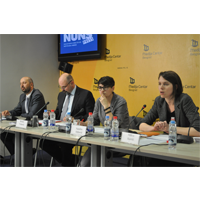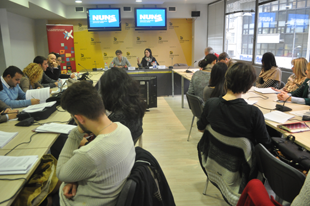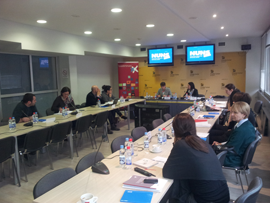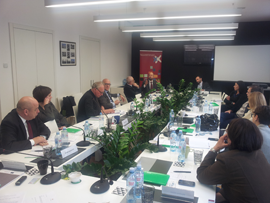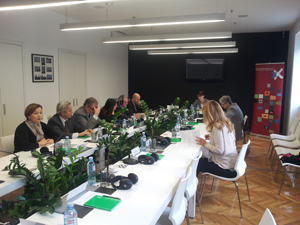No Justice for Wartime Victims of Sexual Violence

 The Higher Court in Belgrade War Crimes Department rendered a first instance judgment in the repeated trial of the Bijeljina II Case on November 24th, 2015, acquitting Miodrag Živković once again of the charges related to the commission of a war crime against a civilian population. The Humanitarian Law Center (HLC) emphasizes that this judgment represents part of the negative score of the national judiciary in the prosecution of cases of wartime sexual violence, and also a continuation of the practice of departing from the international standards set in such cases.
The Higher Court in Belgrade War Crimes Department rendered a first instance judgment in the repeated trial of the Bijeljina II Case on November 24th, 2015, acquitting Miodrag Živković once again of the charges related to the commission of a war crime against a civilian population. The Humanitarian Law Center (HLC) emphasizes that this judgment represents part of the negative score of the national judiciary in the prosecution of cases of wartime sexual violence, and also a continuation of the practice of departing from the international standards set in such cases.







